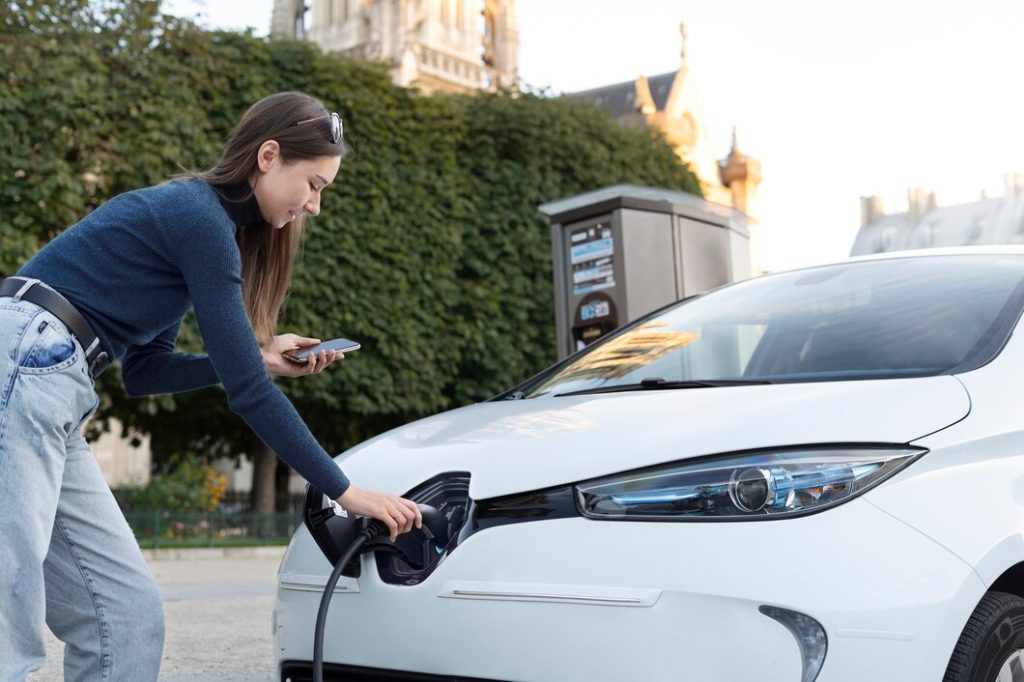The debate between electric cars and gasoline cars extends beyond performance, environmental impact, and cost; it also encompasses safety. As electric vehicles (EVs) become increasingly popular, questions about their safety compared to traditional gasoline-powered cars are more pertinent than ever.
Crash Safety and Structural Integrity
Lower Center of Gravity
Whether you’re looking for a new Infiniti for sale or a Dogde, it’s important to know that electric cars generally have a lower center of gravity due to the placement of their heavy batteries at the bottom of the vehicle. This design feature enhances stability and reduces the risk of rollovers, a common concern in high-speed crashes. Gasoline cars, with their engines positioned higher in the chassis, do not typically offer this advantage.
Rigid Construction
The battery packs in electric cars are often encased in strong, rigid structures that add to the overall integrity of the vehicle. This can provide additional protection in the event of a collision. Manufacturers like Tesla have designed their vehicles with reinforced structures around the battery packs, enhancing crash safety. While gasoline cars also have safety structures, the lack of a large battery pack means they do not have this additional layer of protection.
Fire Risks and Thermal Management
Battery Fires
One of the primary safety concerns with electric cars is the risk of battery fires. Lithium-ion batteries, commonly used in EVs, can catch fire if damaged or improperly managed. However, such incidents are relatively rare, and manufacturers have implemented advanced thermal management systems to minimize this risk.
Gasoline Fires
Gasoline cars are not without their fire risks. Fuel leaks and accidents can lead to fires, which can spread rapidly due to the flammable nature of gasoline. While gasoline cars have advanced safety features to mitigate these risks, such as fuel shut-off mechanisms and fire-resistant materials, the inherent flammability of gasoline presents a continuous danger.
Electrical Safety and High-Voltage Systems
Insulation and Safety Systems
Electric cars operate on high-voltage electrical systems, which can pose electrocution risks in the event of an accident. However, manufacturers have designed these systems with multiple layers of insulation and safety features to protect occupants and first responders. High-voltage cables are color-coded and shielded, and automatic disconnection systems are in place to shut down the electrical system in a crash.
Complexity of Gasoline Engines
Gasoline cars have complex engine systems with multiple moving parts, which can pose various mechanical risks. High temperatures, pressurized fluids, and intricate mechanical operations all contribute to potential hazards. While these systems are well-engineered for safety, the complexity itself can introduce more points of failure.
Safety Features and Technology
Advanced Driver Assistance Systems (ADAS)
Many electric cars come equipped with advanced driver assistance systems (ADAS) that enhance safety. Features like automatic emergency braking, lane-keeping assist, and adaptive cruise control are commonly integrated into EVs. Tesla’s Autopilot and Full Self-Driving systems are prime examples of how electric cars are pushing the boundaries of vehicle safety technology.
Gasoline Car Safety Features
Gasoline cars also offer advanced safety features, and many modern vehicles come equipped with similar ADAS technologies. Brands like Volvo, Mercedes-Benz, and Honda have made significant strides in integrating safety technologies into their gasoline-powered models. However, the pace of innovation in electric cars, driven by tech-centric companies like Tesla, often places EVs at the forefront of these advancements.
Choose the Best Car for Your Lifestyle
The question of whether electric cars are safer than gasoline cars is multifaceted. Ultimately, both types of vehicles have made significant advancements in safety, and the choice between them should consider individual needs, driving habits, and overall vehicle safety ratings.

